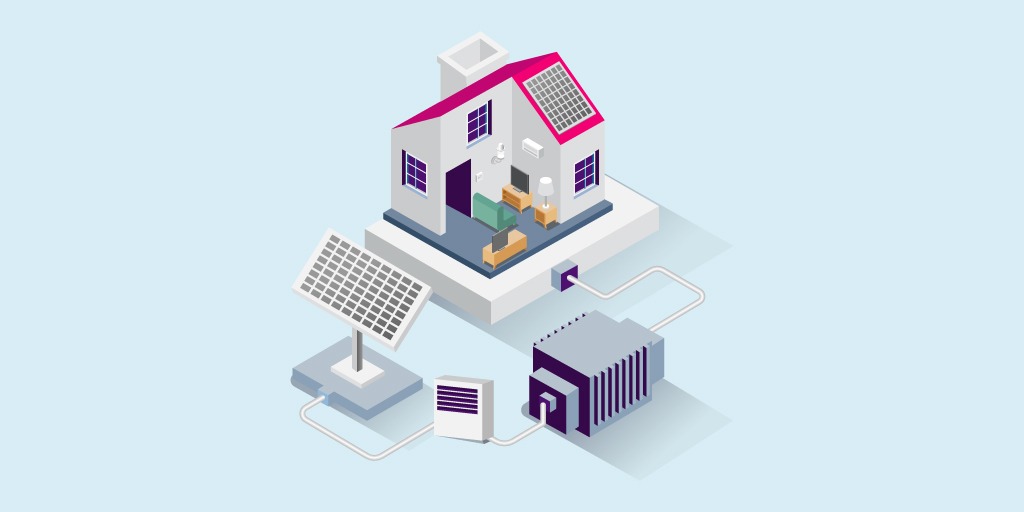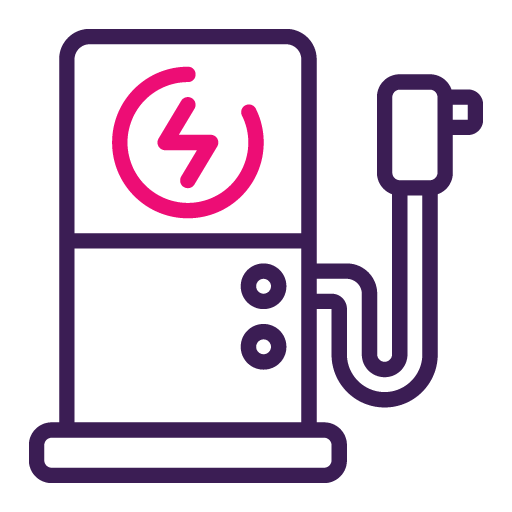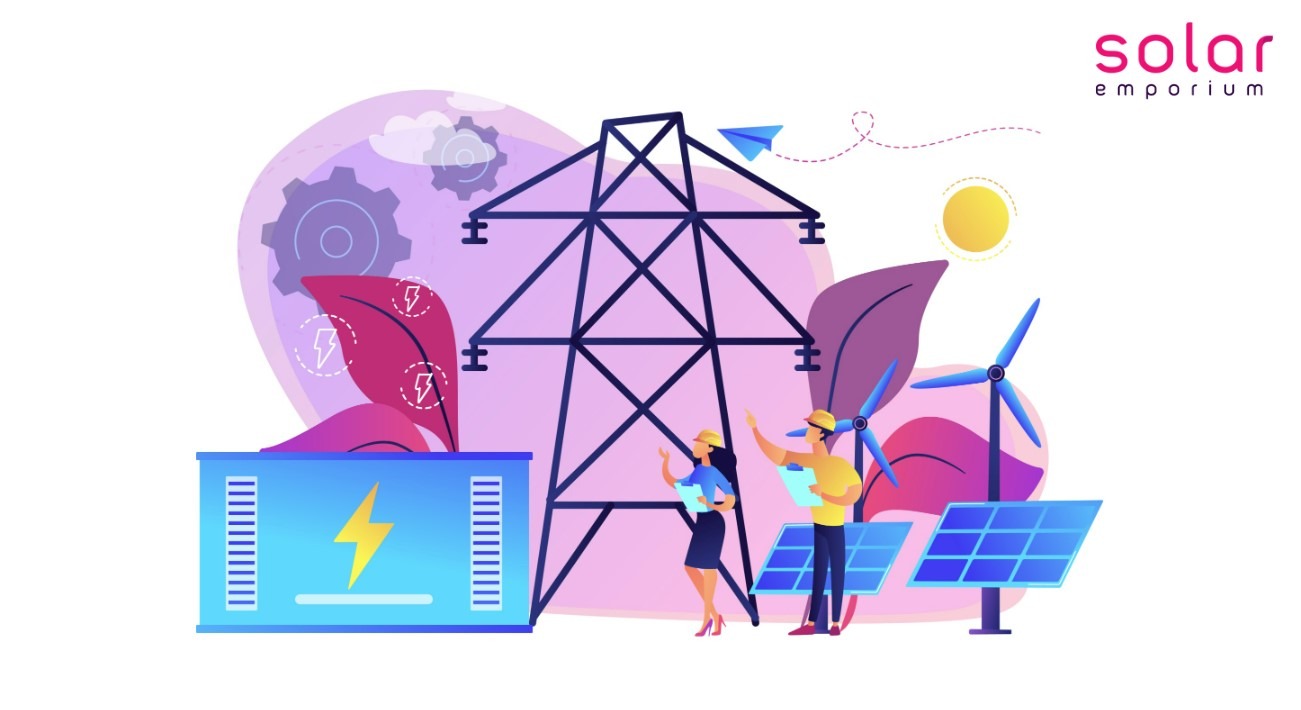In a captivating narrative of love and environmental consciousness, Taylor Swift stands at the forefront of sustainable practices against the picturesque backdrop of USA. Discover how the global pop sensation is rewriting her carbon narrative, backed by insights from reliable sources, making waves with eco-friendly choices and a commitment to renewable energy.
Continue readingVictoria Shifts Battery Support Strategy: Introduces Interest-Free Loans to Drive Renewable Energy Transition
Victoria’s state budget for 2023-2024 made waves as it unveiled a billion-dollar initiative to revive the State Electricity Commission and propel the state towards renewable energy. While this announcement captured the spotlight, a more discreet yet significant development was unveiled regarding Solar Victoria’s assistance for home batteries.
State Budget Prioritizes Renewable Energy Transition
In a groundbreaking move that captured widespread attention, Victoria’s 2023-2024 state budget unveiled a billion-dollar initiative to reinstate the State Electricity Commission and propel the state’s transition to renewable energy sources. However, amidst the excitement, a lesser-known yet significant development emerged in Solar Victoria’s support for home batteries.
Battery Rebate Program Update: Transitioning Towards Sustainable Financing
In a recent industry update distributed on May 24 revealed its plans to discontinue the acceptance of new applications for the $2,950 battery rebate program after June 30, 2023. Instead, the state will introduce a more innovative approach, offering interest-free loans of up to $8,800 to support the adoption of home batteries.
The industry update stated, “The battery rebate program will continue to accelerate the renewable energy transition, shifting away from traditional rebates and embracing the delivery of 4,500 interest-free loans, each valued at up to $8,800. These loans will be funded through the esteemed Solar Homes Program, with an allocated budget of $16 million for the successful implementation of the interest-free loan program in 2023-24.”
Seamless Transition and Program Design in Progress
Acknowledging the importance of a smooth transition, Solar Victoria is diligently working on the program design to ensure a seamless shift from the existing incentive structure to the new interest-free loan offering. While applications for battery rebates will no longer be accepted after June 30, the launch of the loan program is scheduled for July 1, 2023, following the completion of the program’s design phase.
Solar Victoria’s update emphasized, “Program design is already underway, and we are committed to delivering a streamlined and efficient process for interested applicants.”
Solar for Business Program Conclusion
It is worth noting that the Solar for Business program will also come to a close on June 30, prompting businesses to take advantage of the remaining time to benefit from available incentives and support.
However, the positive news for solar panel and hot water system users is that the rebates for these technologies will continue to be available beyond June 30.
Solar Panel and Hot Water System Rebates
The government has allocated 53,000 solar panel rebates for the upcoming fiscal year, valued at $1,400 each. Additionally, an interest-free loan option of $1,400 will be accessible to further facilitate the adoption of solar panels.
Furthermore, the government has set aside 4,500 hot water rebates of $1,000 each for the 2023-2024 period.
Please note that the battery rebate amount was initially set at $3,500 but was revised to the current $2,950 as of July 1, 2022, reflecting the evolving dynamics of the program.
With these exciting developments in Victoria’s renewable energy landscape, residents and businesses have ample opportunities to embrace sustainable practices and benefit from the state’s commitment to a greener future.
Solar Emporium’s Solar Solution
Renewable energy can provide significant cost-saving options compared to non-renewable. It enables businesses to reduce emissions, improve their sustainability credentials, and reduce future energy prices.
Solar energy is Australia’s most popular renewable energy source. Solar Emporium’s solar system support makes it significantly more accessible for everyone to opt for a better sustainable future.
With cost-effective solar packages, solar batteries, and EV chargers, our renewable experts can support every aspect of your renewable journey. So let’s end Australia’s energy dilemma with an affordable solution.
Federal Government Announcement – 50% Increase in Power Prices

Other Benefits of Solar
What are other Solar Benefits?

Going solar will reduce greenhouse gas and CO2emissions

Add an electric vehicle (EV)

Solar reduces water pollution
Solar reduces strain on nonrenewable resources





